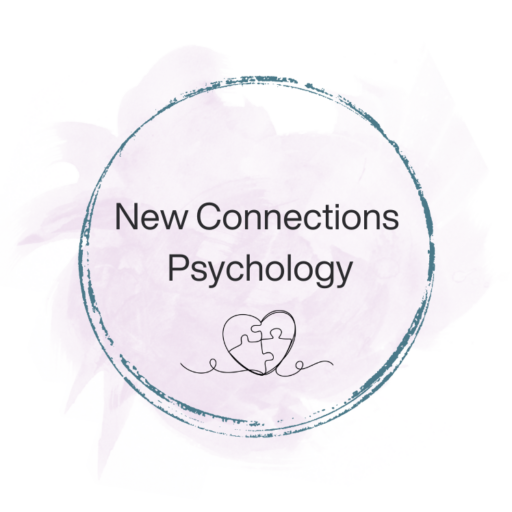Introduction
Depression is a complex mental health condition that affects millions of people worldwide. Characterized by persistent feelings of sadness, hopelessness, and a lack of interest or pleasure in daily activities, it can significantly impact one’s quality of life. However, one of the lesser-discussed aspects of depression is how it often leads to isolation, creating a vicious cycle that can exacerbate the condition.
Understanding the Link Between Depression and Isolation
Isolation, in the context of depression, refers to the tendency of individuals to withdraw from social interactions and activities. This withdrawal can be both a symptom of depression and a contributing factor to its severity. There are several reasons why people with depression might isolate themselves:
- Lack of Energy or Motivation: Depression often leads to a significant reduction in energy, making the effort required for social interactions feel overwhelming.
- Feelings of Worthlessness or Guilt: People with depression may feel undeserving of others’ company or fear being a burden.
- Anxiety and Fear of Judgment: Social anxiety or fear of being judged or misunderstood by others can discourage individuals from engaging in social activities.
- Physical Symptoms: Depression is sometimes accompanied by physical symptoms like chronic pain or fatigue, which can make going out and socializing difficult.
The Impact of Isolation on Depression
Isolation can have a profound impact on individuals with depression. Human beings are inherently social creatures, and a lack of social interaction can lead to numerous negative outcomes:
– Worsening of Depression Symptoms: Isolation can exacerbate feelings of sadness, hopelessness, and low self-esteem.
– Increased Risk of Physical Health Issues: Lack of social support has been linked to a higher risk of health problems like heart disease and a weakened immune system.
– Cognitive Decline: Social isolation has been associated with reduced cognitive functioning and a higher risk of conditions like dementia.
Breaking the Cycle
Breaking the cycle of depression and isolation requires concerted efforts, both from the individual and their support network. Here are some strategies that can help:
- Small Social Interactions: Start with small steps, like texting a friend or joining online forums. These less intensive interactions can be a stepping stone to more substantial social engagement.
- Regular Exercise: Physical activity can improve mood and energy levels, making social interaction more manageable.
- Structured Activities: Engaging in structured group activities, such as classes or clubs, can provide a low-pressure environment for social interaction.
- Professional Help: Therapy can be invaluable in addressing the root causes of isolation and developing strategies to overcome it.
- Mindfulness and Meditation: These practices can help manage the anxiety and stress that often accompany depression and isolation.
The Role of Technology
In the modern world, technology can play a dual role in the cycle of depression and isolation. On the one hand, excessive use of social media and the internet can lead to increased feelings of isolation and inadequacy. On the other hand, technology can be a lifeline, providing platforms for social connection and access to mental health resources.
Support Networks and Community Resources
Having a support network is crucial for individuals struggling with depression and isolation. Friends, family, and community resources can provide the necessary emotional support and practical assistance. Joining support groups for depression can also offer a sense of community and understanding that is often lacking in other areas of life.
Therapy: A Crucial Step in Breaking the Cycle
Professional therapy is often a critical component in addressing and overcoming the intertwined challenges of depression and isolation. Therapists can provide a safe and non-judgmental space for individuals to explore their feelings and thoughts. Different types of therapy, such as cognitive-behavioral therapy (CBT), interpersonal therapy, or group therapy, can be tailored to individual needs.
Therapy can help in several ways:
– Understanding Patterns: It helps individuals understand the patterns in their thoughts and behaviors that contribute to their isolation.
– Developing Coping Strategies: Therapy can equip individuals with practical strategies to manage symptoms of depression and anxiety that lead to social withdrawal.
– Improving Social Skills: For some, isolation stems from a lack of confidence in social situations. Therapy can work on building these skills.
– Addressing Root Causes: Often, isolation and depression have deeper roots in past experiences or trauma. Therapy can help address these underlying issues.
In conclusion, while depression and isolation often go hand-in-hand, there are ways to break this detrimental cycle. It requires patience, self-compassion, and often the support of professionals, but recovery and reconnection are possible. Remember, reaching out for help is not a sign of weakness, but a courageous step towards healing and well-being.

